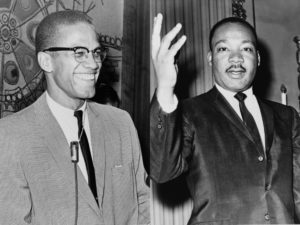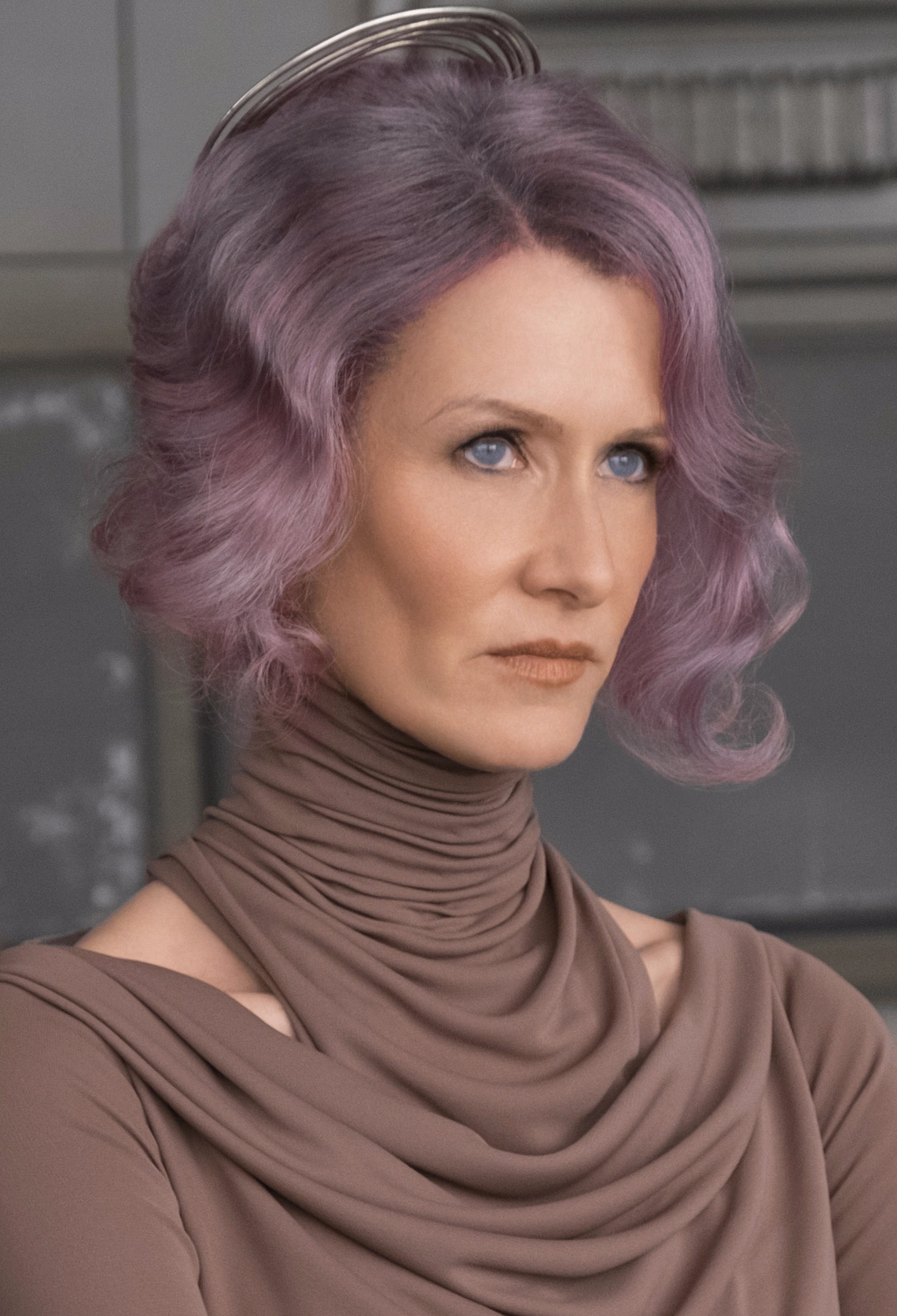Acrimony is out to some less than stellar reviews. I disagree. It has deep, complex characters and phenomenal acting. The plot is a bit of a letdown, but the overall product was solid. [spoilers included].
The movie is initially told from Melinda Gayle’s (Taraji Henson) perspective. She is an aggrieved wife who has been cheated and abused by her husband. A charming man (Robert Gayle) waltzes into her life and supports her emotionally after losing her mom. The two get romantically involved and Melinda supports Robert by using her life insurance proceeds to pay for a new car and his last year in college. How does Robert repay her? By cheating. After he swears up-and-down that he’ll never cheat again, she takes him back and they marry.
A nasty surprise awaits. Robert robbed a bank as a teenager and is a convicted felon. This leads to him losing out on the job offers Melinda counted on to make their lives easier. Melinda presses on working two jobs while Robert tinkers with a rechargeable battery that no one else has showed interest in; he never brings in a steady paycheck. Melinda depletes her life insurance fund buying him research supplies. The two end up in debt and have to take out a mortgage on her mom’s house to stay afloat. Things would be so much better if Robert would stop wasting time on his stupid battery and get a real job. Melinda’s frustration was palpable. Amidst the ladies registering their disapproval in the theater, I myself was prepared to hate Robert. What a selfish guy, I told myself. What sort of man would sit idly by while his wife does all the work? Part of me cheered when she found he had the wallet of the same woman he cheated with (Diana) in his truck from the beginning of the movie and finally decided to leave him.
Then the battery sells for hundreds of millions of dollars. Robert tells Melinda he loves her, buys the house back (which they had lost), and gives her $10 million. This is where Melinda and Robert cease to be straightforward heroes and villains. Melinda visits Robert at his apartment and tells him she still loves him and suggests they could be together. Now, I thought Melinda was super fake. She comes trying to convince Robert to take her back after she divorced him, not because she had some epiphany about him, but because he was rich. Robert is engaged at this point to Diana. Seized with rage, Melinda harasses and ultimately tries to kill them.
But, while I hated Melinda’s actions, I couldn’t hate her. I could still understand why she was so angry. She had spent years selflessly providing for Robert, and now another woman was going to swoop in and enjoy the luxurious life Melinda’s sacrifices made possible. In some ways, she was incredibly unlucky. If she had just stayed with Robert another few weeks, she would have been on her way to becoming a billionaire. She and Robert could have thrived in their marriage without the financial pressures crushing them.
And it turned out Robert was a better man than I initially thought. Legally, he did not have to give Melinda $10 million or buy her house back. He had a moral obligation to do so and he did. It’s easy to envision another man with that fortune simply cutting off his first wife. When he vowed never to cheat again, I was skeptical, but he kept his word. And he kept his promises from the beginning of the movie to share his wealth with Melinda.
I thought both Melinda and Robert were well-acted. I found myself liking Robert by the end of the movie despite his shady beginning, and I found myself questioning how I felt about Melinda despite the justness of her rage at the beginning. Taraji and Lyriq Bent did a good job playing fascinating characters I wanted to talk about after the movie ended.
Now to the negative. Certain plot elements were so outlandish that they became hard to believe. Robert worked on his battery for 18 years and only pitched it to one company. Really? Was there only one company in the entire world that would be interested in a self-charging battery? I found it hard to accept that an inventor would really pursue such a limited strategy after working so hard on the battery. That in turn made the financial struggles Robert and Melinda faced seem artificial.
Still, I think the movie allowed viewers to wrestle with very real questions presented by quality acting. At what point should an individual give up on dreams of riches or fame? What duties would we owe loved ones who have supported us if we ever struck it big? Should we still have sympathy for Robert and/or Melinda at the end?
So I have to part company with all the negative reviewers. I found Acrimony enjoyable.



